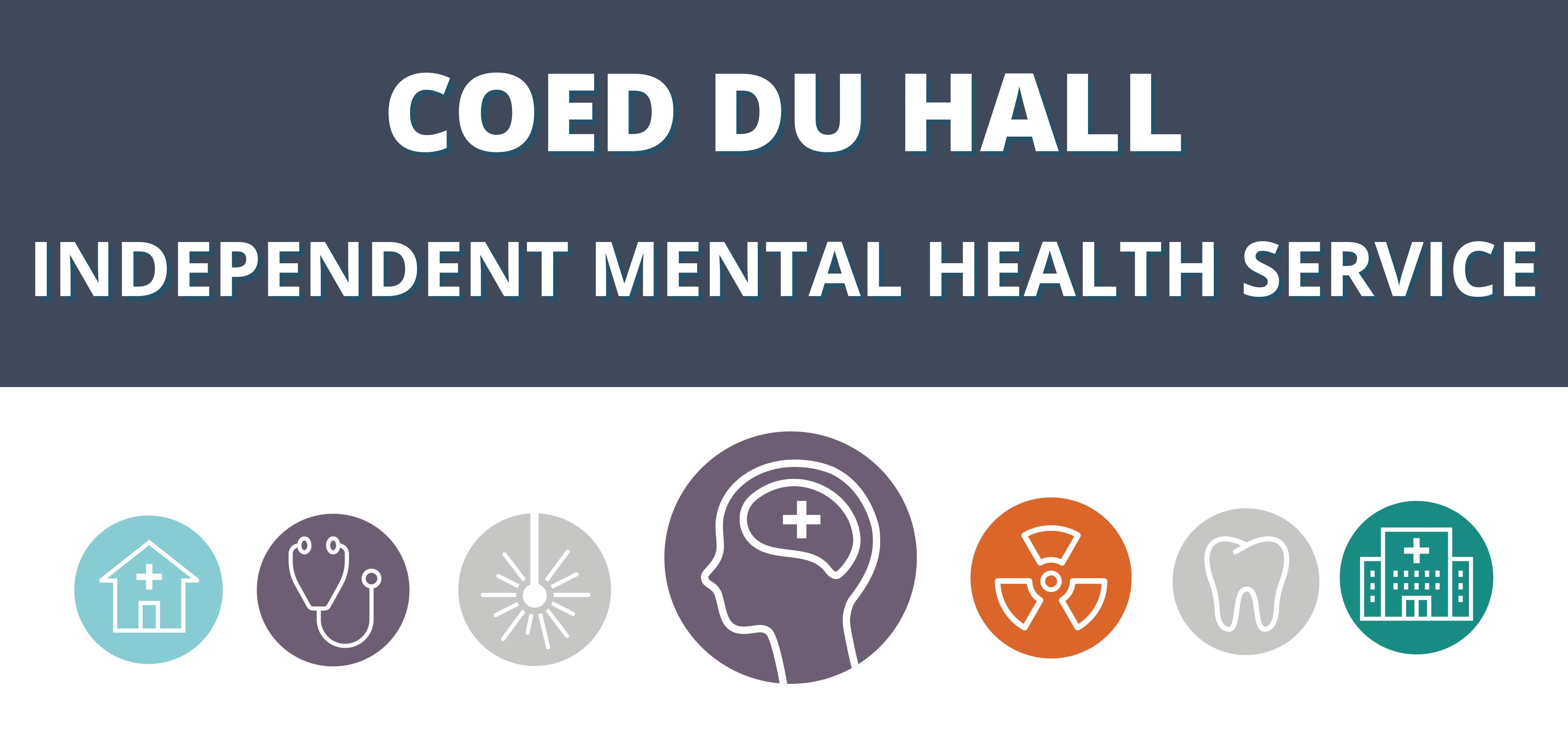Significant improvement required within a mental health hospital in Mold
Healthcare Inspectorate Wales (HIW) has issued a report (11 July) following an inspection of Coed Du Hall, a mental health service in Mold, Flintshire. Coed Du Hall is a twenty-two-bed independent mental health open rehabilitation hospital. It is a mixed gender hospital and works with individuals with complex needs who require a further rehabilitation.

The inspection took place over three days in March 2024, and focused on the Ash, Beech, and Cedar Wards, including the Studio Suites. During the inspection, an immediate assurance notice was issued due to concerns over the welfare of patients, staff, and visitors, with potential risks of harm not being identified, monitored, reduced, or prevented. The cleanliness of the hospital was also of concern, including several maintenance issues, which posed potential risks to patients.
Inspectors witnessed staff working hard to treat patients with dignity and respect. Patients were provided with a range of therapeutic facilities and activities to support and maintain their health and wellbeing, including access to a mental health advocate. Staff overall appeared to have good professional relationships with patients, with individualised care and treatment plans in place. Generally, patients were positive about their care and said they felt supported by staff. The hospital had a suggestion box which invited patient and family/carer feedback.
Inspectors saw examples of good practice in relation to staff managing challenging patient behaviours, particularly surrounding de-escalating a situation. Inspectors found robust monitoring and audit processes in place, with a good standard of record keeping. Despite these areas of good practice, immediate assurances were raised surrounding risks of harm not being identified and prevented. These risks included the lack of use of personal alarms for staff, cluttered wards presenting a risk for patients liable to self-harm including a shattered glass fire door, and other damaged items across the wards. Inspectors also saw a poor standard of cleanliness throughout the hospital, with maintenance issues not being routinely recorded or actioned appropriately.
Inspectors were not assured that patients and staff were being protected against identifiable risks of acquiring health care associated infections due to the lack of appropriate standards of cleanliness and hygiene. These concerns were dealt with through HIW’s non-compliance process, which is used when a service is failing to meet legal requirements. Inspectors were also concerned over accuracy and quality of data being recorded within environmental audit reports, as they did not provide a true reflection of the environment observed during the inspection. It was concerning to note the entrance/exit from the Cedar Ward to the hospital grounds was unrestricted during the day, which posed a risk of patients absconding from the hospital, or of staff not being able to account for their whereabouts during an emergency.
The hospital had suitable processes in place to help protect and promote the physical health of patients. Patients were able to access GP, dental services, and other physical health professionals when needed. Suitable visiting arrangements were in place for patients to meet family and carers at the hospital with privacy rooms available.
The overall support staff generally had a high level of compliance with mandatory training, and it was positive to note high levels of equality, diversity, and inclusion training completion. However, improvements were required in respect of nursing staff compliance with several mandatory training courses, including basic health and safety, life support, the safe administration of medication and general infection prevention and control.
Inspectors identified several improvements were required to protect patient privacy and dignity. This included ensuring patient bedrooms cannot be seen from external areas of the hospital, and a lack of vision observation panels on the patient bedroom doors. Subsequently, patients under observation were monitored by staff within their bedrooms, compromising their privacy and dignity. This issue was also identified during our previous inspection of the hospital in 2022.
Inspectors found that overall staffing levels were appropriate and proportionate to provide safe and effective patient care. Most staff members we spoke with confirmed that they felt supported in their roles, and that the leadership team was visible and approachable. However, the service must ensure there is sufficient cover for nursing staff to take breaks during their shift without leaving the ward unsupervised. It was also concerning to witness most of the staff wore their own casual clothing and were not provided with uniforms nor badges to identify themselves as staff members.
Alun Jones, Chief Executive of Healthcare Inspectorate Wales said:
This service provides support for some of the most vulnerable people within our communities, and it is essential improvements are made. Whilst our inspection identified a range of areas requiring improvement, it was positive to see that the setting has been responsive to our feedback, and that steps are already being taken to address these issues.
March 2024 - Independent Mental Health Service Inspection - Coed Du Hall, Mold